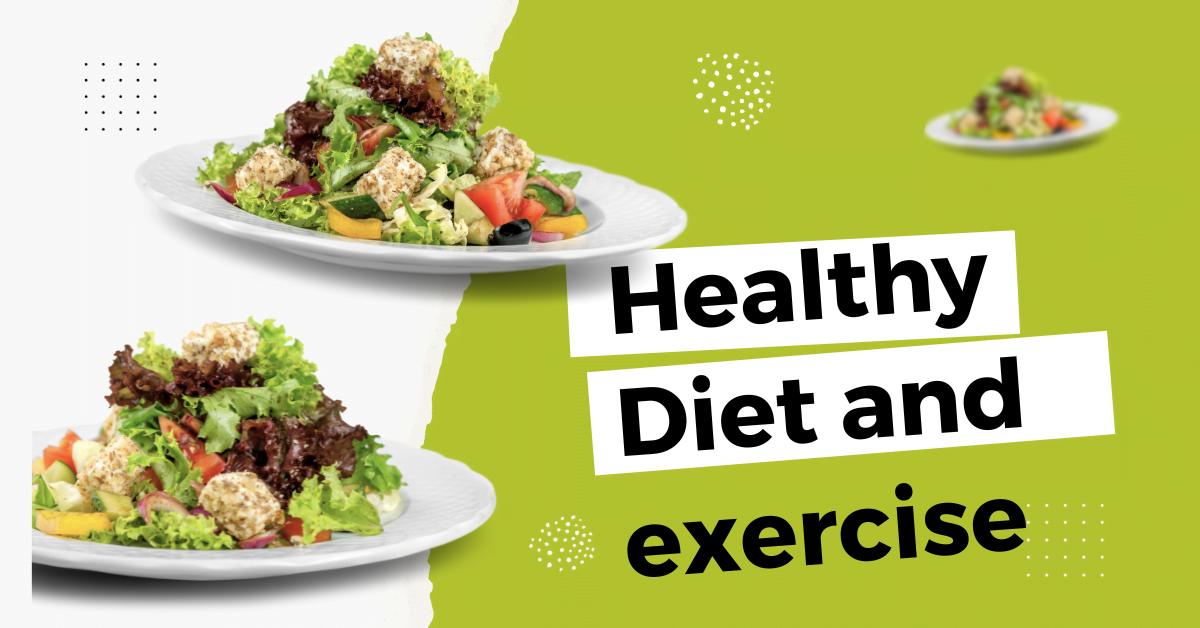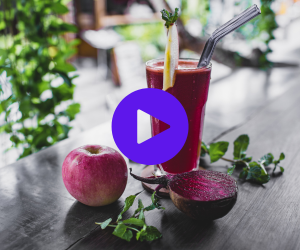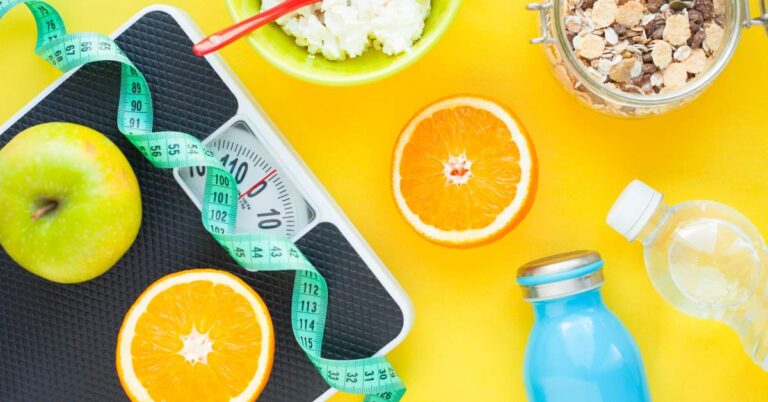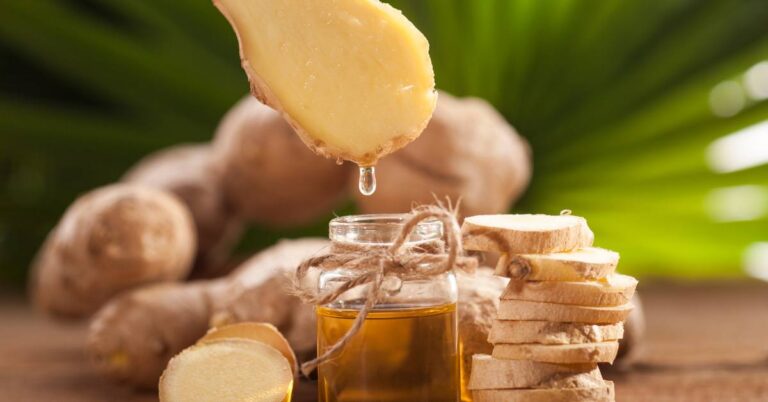Exercise and Diet: The Perfect Combo for a Healthier You

In the quest for a healthier lifestyle, it’s no secret that both exercise and diet play pivotal roles. Balancing these two aspects can be a bit perplexing for many, as the world of nutrition and fitness is filled with burstiness of information and advice. To make this journey smoother and more comprehensible, let’s delve into the dynamic relationship between exercising and diet, exploring their impact on your overall well-being.
It’s essential to keep in mind to modify your diet as you increase the intensity, duration, or frequency of your exercises. We must restock our energy reserves after practice, just as we must refill the gas tank in our automobile when the engine consumes gasoline.
“Your body fuels your exercises with calories from meals. The idea that the body only utilizes stored fat for energy when we don’t eat enough is widespread. During higher-intensity activity, we utilize both muscle and fat as a fuel source, “explains Ashley Reaver, M.S., RD, a registered dietitian in Oakland, California, and the brainchild behind the Lower Cholesterol Longer Life Method.
After exercise, the body tries to rebuild the damaged muscle fibers and restore its glycogen reserves (hopefully growing back more potent). Having the proper nutrition after exercising can:
Increase muscle growth and reduce muscle protein oxidation
Boost and hasten recovery
How to Change Your Diet When You Exercise More
Your menu does not necessarily need to alter if you currently eat a well-balanced diet and are easing into your exercise regimen, according to Natalie Rizzo, M.S., RD, a registered dietitian and owner of Greenletes in New York City.
“Really, it all depends on the workout. For instance, a 60-minute yoga session may not call for more calories, but a 60-minute run often calls for more food “Says Rizzo. “In general, endurance exercise burns more calories per minute, therefore it’s critical to replenish those calories in order to feed, recover, and avoid accidentally losing weight properly. I’m aware that many individuals seek weight loss via exercise, yet exercising when in a calorie deficit has a detrimental effect on performance.”
According to Danielle Musto, M.S., RD, a registered dietitian with a private practice in Hoboken, New Jersey, two macronutrients, mainly, are crucial for exercisers to remember. Protein gives your body the amino acids it needs to repair and strengthen muscle fibers, while carbohydrates aid in restoring the glycogen reserves used during physical exercise.
Consume carbohydrates- and protein: Diet
Consume carbohydrate- and protein-rich meals within an hour of your exercise and throughout the day; advises Musto to speed up your recovery and assist your body in getting ready for your next workout.
While drinking water to stay hydrated is a good idea, you may want to use an electrolyte powder or sports drink to replace lost electrolytes like sodium via sweat, “Should says. (ICYMI, these are the recommended hydration levels in ounces of water. Likewise, try this electrolyte powder: Purchase Beam Organics Elevate Hydration Variety Pack from Amazon for $28.49 for 10.
Reaver advises that most exercisers should try to eat more carbs when they are more active. Protein and fat consumption might be more or less constant throughout the day.
According to a study in the Journal of the International Society of Sports Nutrition, while many believe it is more challenging to eat right after working out, you should aim to do so at least two hours after your sweat session.
However, keep in mind that these are all just estimations. “Each person is unique in size, age, gender, and degree of exercise. A 120-pound person may only burn half as many calories as a 200-pound person, “Says Rizzo. Suppose you’re serious about your training regimen and objectives. In that case, she advises seeing a sports nutritionist to ensure you’re feeding for activity and recovery—rather than starving yourself (or your muscles).
“If not, pay attention to your hunger and fullness signals. Eat something if you’re hungry after working out! There’s a considerable likelihood that you start losing weight if [you] aren’t hungry and stop eating enough.
Diet Top 6 Foods to Increase Your Consumption of When You Exercise More
Oatmeal
Because it has carbohydrates and protein and is an excellent vehicle for additions like fruits and nuts, oatmeal is one of Rizzo’s go-to recovery meals. Additionally, it will keep you from feeling hungry later in the day since it is substantial and hearty.
For 148 calories, 27 grams of carbohydrates, and 5 grams of protein, simmer 12 cups of dry oats in water before adding your preferred toppings and mix-ins. (Spoiler alert: we’ll tell you how to make oatmeal properly and give you five recommendations for improving it.)
Berry
All berries, including blueberries, strawberries, raspberries, and blackberries, are a great source of anti-inflammatory antioxidants. “It’s normal to have some inflammation after exercise; it’s the body’s natural healing process. However, reducing inflammation is still a goal to reduce pain and swelling, thus, consuming foods strong in antioxidants, such as berries, is an intelligent method to achieve this goal, “says Rizzo.
Reaver advises aiming for five servings of fruits and veggies each day, including at least one serving of berries since antioxidant-rich fruits and vegetables help speed up the healing process and lessen muscular discomfort.
Beans
Eating beans after working out gives the body the right balance of carbohydrates and protein, according to Rizzo, if your stomach can tolerate it. One of Rizzo’s favorite meals, whether within an hour or two after her exercise, is rice and beans. Here are 17 ways to imitate her!
For instance, a cup of pinto beans has 245 calories, 45 grams of carbohydrates, and 15 grams of protein.
Grapes: Diet
In addition to being among the healthiest nuts to consume, “Almonds include 6 grams of protein per ounce, making them excellent recovery foods. Additionally, a good handful of almonds, or 23 almonds or 1 ounce, contains 20% of your daily recommended intake of magnesium. This mineral helps the body produce energy and promote muscular function “Rizzo elucidates.
Additionally, almonds provide 14 grams in each serving, and any good fat supply helps control appetite. To feed yourself in a balanced and recovery-supportive manner, pack a portion (in something like Simply Green Snack Bags; get it: $6.99 for two, Target) if you discover that your exercises leave you hungry enough to raid the vending machine.
Almonds include 164 calories, 6 grams of carbohydrates, and 6 grams of protein per 1-ounce serving.
Greek yogurt
While several good sources of protein for building muscle, milk protein is among the finest, according to studies reported in the Journal of the International Society of Sports Nutrition, as little as 9 grams of milk protein may stimulate muscle protein synthesis and, consequently, aid in recovery.
Greek yogurt is a flexible alternative that is fast, inexpensive, and probiotic-rich. Ricotta cheese, cottage cheese, and kefir are other excellent choices.
Greek yogurt in its basic form has 150 calories, 20 grams of protein, and 8 grams of carbohydrates per 7-ounce serving.
Milk with chocolate
If eating after a workout doesn’t appeal, drink wisely to aid recovery and reconstruction. As we said, the most effective strategy to replenish glycogen reserves is to fuel with plenty of carbohydrates (aim to treble the carb grams for each protein gram). A study review published in the European Journal of Clinical Nutrition shows that chocolate milk is beneficial for accelerating recovery compared to water and electrolyte recovery beverages. (Those who avoid dairy products might choose soy milk.)
A convenient 1-cup portion of chocolate milk has 210 calories, 27 grams of carbohydrates, and 8 grams of protein, which is a practically ideal combination.
conclusion: Diet and Exercise
To improve your post-workout recovery—and future fitness gains—prioritize protein, carbohydrates, and some healthy fats.
“There are a relatively small number of supplements that, according to studies, enhance improved athletic performance. Spend less on pricey performance boosters and pre-workout supplements. Spend your money on healthy foods instead, consume adequate calories, and stock up on antioxidants “claims Reaver.
Even though these are some of the items you should consume more of while you exercise, dietitians advise that you should always heed your instincts.













